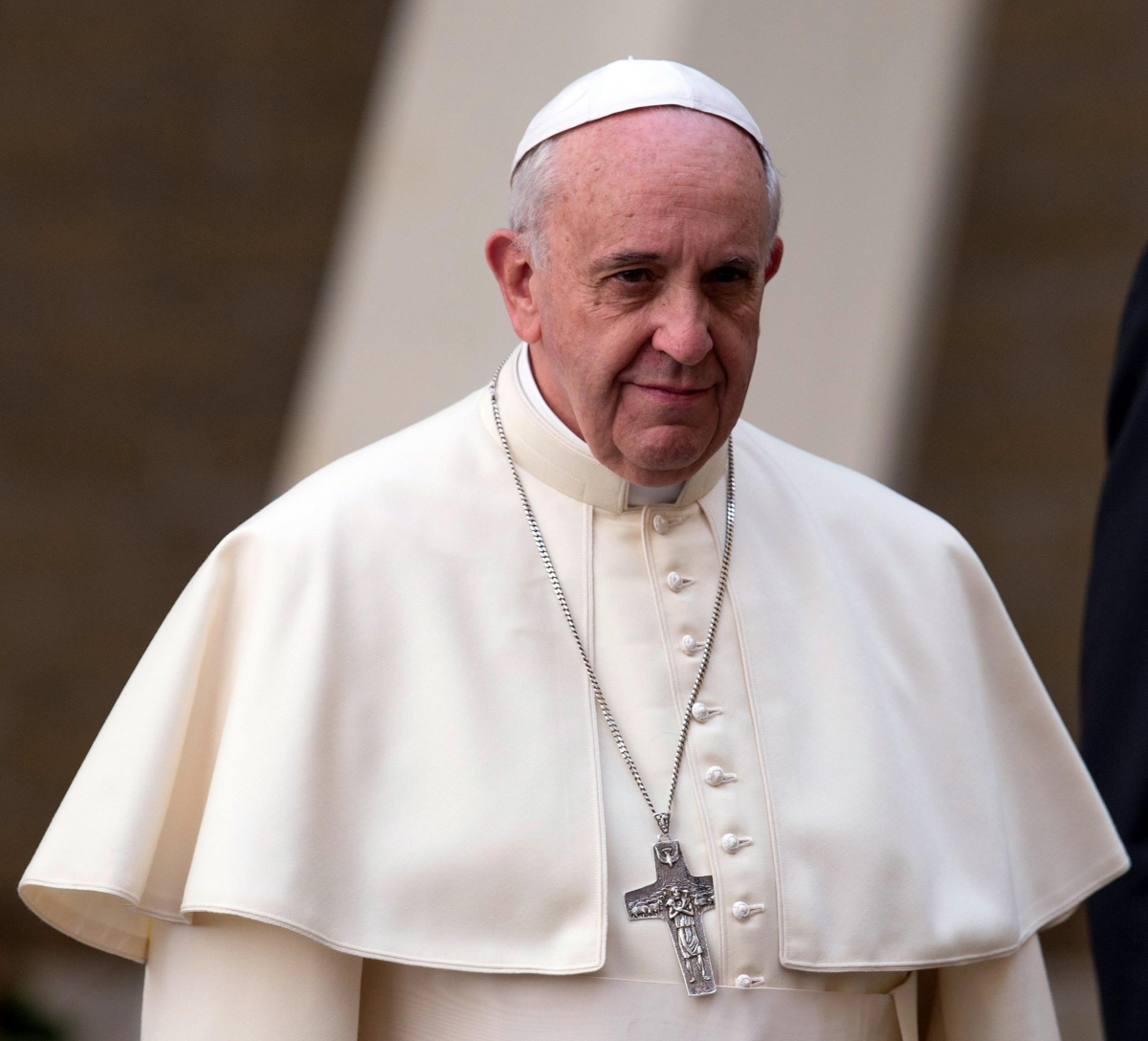Another Pope Does it — Gets Climate Change Right
 Pope Francis deserves real credit. He understands the clarity, the moral imperative, and the profound risk of climate change. In a speech on May 21 before a large crowd in Rome, he urged:
Pope Francis deserves real credit. He understands the clarity, the moral imperative, and the profound risk of climate change. In a speech on May 21 before a large crowd in Rome, he urged:
Safeguard Creation, because if we destroy Creation, Creation will destroy us!
Never forget this!
For a good account in English of what he termed a "sinful act" see the report by Jack Jenkins in Climate Progress.
To give the Vatican and the Catholic Church its due, this is not their first word on this topic. Under his predecessor, Pope Benedict, the church published a powerful, 17 page paper in 2011 that talked forcefully about what is at risk and specifically pointed to rising sea level as a primary aspect. (To download a free PDF of that paper click HERE.)
A year and a half ago, I applauded the church's position in the first words of the final chapter of my book, High Tide On Main Street: Rising Sea Level and the Coming Coastal Crisis with these words:
Four hundred years ago Galileo ran into the dogma of the Catholic Church because he dared voice the radical concept that the sun is the center of our planetary system (heliocentrism). His trial by the Inquisition and the ultimate guilty verdict for heresy left him under house arrest for the rest of his life. That story still stands as a powerful example of the clash between science and cultural beliefs. In our time, science has again come under attack, but this time not by the Church. In fact, though largely overlooked, the Vatican has taken an exemplary position regarding the catastrophic challenge posed by climate change, and specifically by sea level rise. In May 2011, the Pontifical Academy of Science produced an easily read, 17-page, outstanding report, "The Fate of Mountain Glaciers in the Anthropocene." Its summary, three major findings, and powerful one-sentence conclusion are:
Since a sustainable future based on the continued extraction of coal, oil and gas in the “business-as-usual mode” will not be possible because of both resource depletion and environmental damages (as caused, e.g. by dangerous sea level rise) we urge our societies to:
I. Reduce worldwide carbon dioxide emissions without delay, using all means possible to meet ambitious international global warming targets and ensure the long-term stability of our climate system.
II. Reduce the concentrations of warming air pollutants (dark soot, methane, lower atmosphere ozone, and hydrofluorocarbons) to slow down climate change this century.
III. Prepare to adapt to the climatic changes, both chronic and abrupt, that society will be unable to mitigate.
The cost of the three recommended measures pales in comparison to the price the world will pay if we fail to act now.
